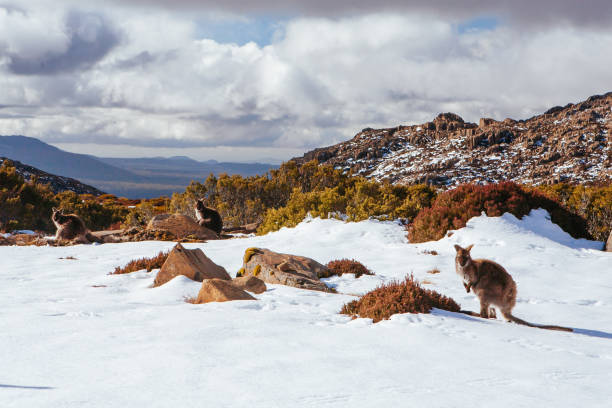Explore About the Best-Known and Snow-Covered Destinations In Australia
Explore About the Best-Known and Snow-Covered Destinations In Australia
Blog Article
The Different Kinds Of Snow in Australia and Their Effect On Wintertime Sports
Australia, recognized for its sun-soaked beaches, is additionally home to a varied variety of snow conditions that significantly affect winter months sports. The adhering to exploration will talk about the implications of these snow types on wintertime sporting activities performance.

Understanding the Qualities of Different Snow Kinds
While several presume that snow is a homogeneous entity, it is essential to comprehend that there are various types, each with one-of-a-kind features. These distinctions in snow type aren't merely visual; they dramatically effect winter season sports, determining the ease of movement, the rate obtainable, and the level of control called for from athletes.
The Influences of Powder Snow on Snowboarding and Snowboarding
In spite of its light and cosy appearance, powder snow in the Australian Alps presents both one-of-a-kind challenges and chances for winter sporting activities fanatics, particularly those participated in winter sports and snowboarding. The loose, completely dry nature of powder snow can originally be difficult to browse for newbies, needing mindful equilibrium and control. For even more skilled experts, the soft, untracked snow provides an exciting experience, permitting for vibrant and nimble motion - Snow In Australia. The smooth and forgiving surface area of powder snow likewise decreases risk of injury throughout falls, making it a favored choice for severe winter sporting activities. It's worth noting, the varying depth and unpredictable nature of powder can occasionally lead to surprise challenges, calling for constant caution.

The Obstacles and Benefits of Packed Snow in Wintertime Sports
Moving focus from the loose, completely dry powder snow, one more common type of snow in the Australian Alps is packed snow, presenting its own set of challenges and advantages in the realm of wintertime sporting activities. Browsing turns and regulating speed can be tough on stuffed snow, requiring higher skill levels from professional athletes. Regardless of these difficulties, packed snow stays a crucial component in numerous winter season sporting activities, forming the performance and approaches of professional athletes.
The Duty of Damp Snow in Australian Winter Seasons Games
In contrast to the thick, glossy surface of packed snow, wet snow plays an entirely various function in Australian winter click for more info season games. Snow In Australia. Its pliability makes it suitable for snow sculpting events and for fortifying snow structures in sports like snow ft fights.

How Slushy Snow Impacts Wintertime Sports Efficiency
Continuing the exploration of differing snow conditions in Australia, the impact of slushy snow on winter sporting activities is one more fascinating variable. Slushy snow, arising from warmer temperature levels or direct sunlight, poses special obstacles to athletes. It reduces speed and needs raised physical initiative as the equipment penetrates the soft, water-saturated snow. In winter sports and snowboarding, slushy problems can influence the predictability of jumps and turns, raising the threat of crashes. For snowmobiling, the maker's performance might be prevented as it has a hard time to preserve traction. Thus, slushy snow transforms the wintertime sporting activities landscape, demanding not just increased physical effort from athletes but also a better focus on safety precautions.
Adjusting Winter Season Sports Techniques to Different Snow Conditions

Final Thought
To conclude, Australia's diverse snow kinds substantially impact winter season sports efficiency. Each kind, from the slick seaside snow to the drier interior powder and the hefty, sticky damp snow, presents distinct difficulties and benefits. Hence, athletes should adjust their strategies to browse these differing conditions successfully. The snow's formative role underscores the value of visit their website understanding its qualities to enhance performance and safety in Australia's winter sporting activities landscape.
Shifting emphasis from the loose, dry powder snow, another widespread type of snow in the Australian Alps is packed snow, posturing its own collection of challenges and benefits in the realm of wintertime sports - Does Australia Get Snow.In contrast to the thick, glossy surface area of packed snow, damp snow plays a completely various function in Australian winter games. Its malleability makes it optimal for snow sculpting events and for strengthening snow frameworks in sports like snow ft fights.Continuing the exploration of varying snow problems Clicking Here in Australia, the impact of slushy snow on winter season sports is one more interesting element. Each type, from the glossy seaside snow to the drier indoor powder and the heavy, sticky wet snow, offers special obstacles and advantages
Report this page